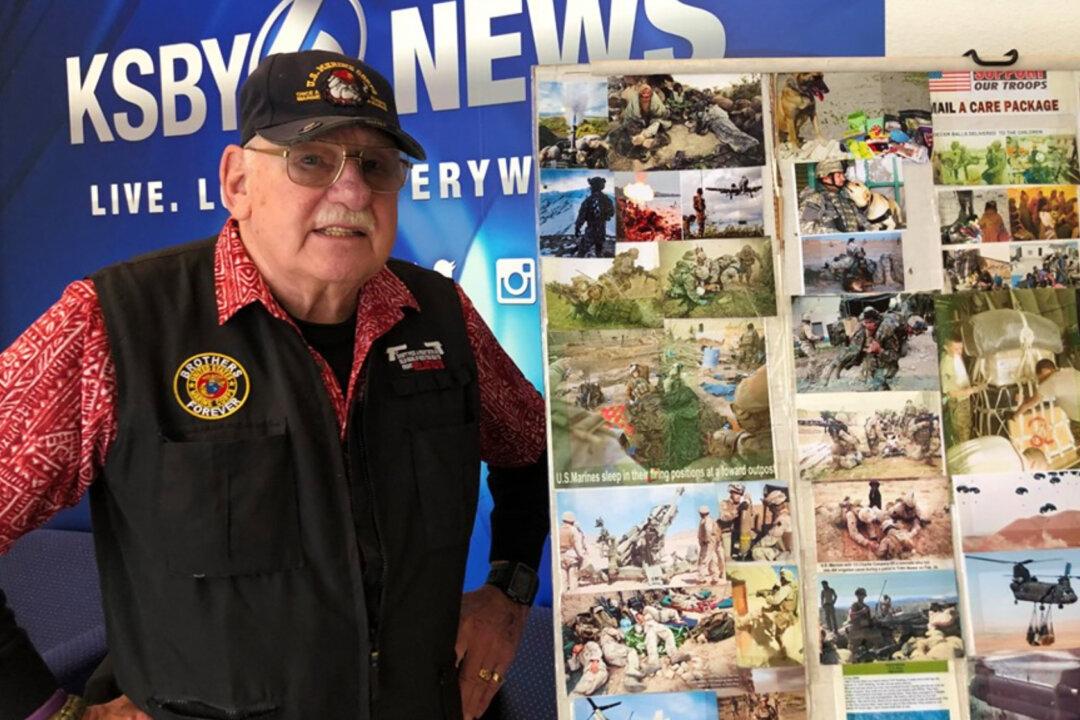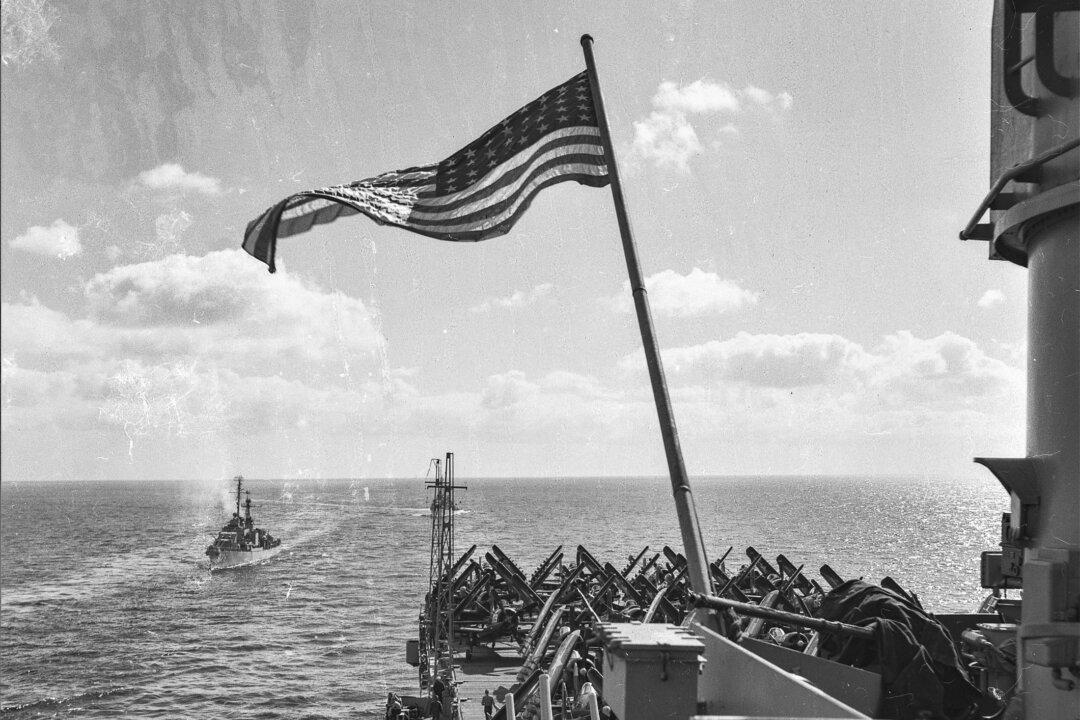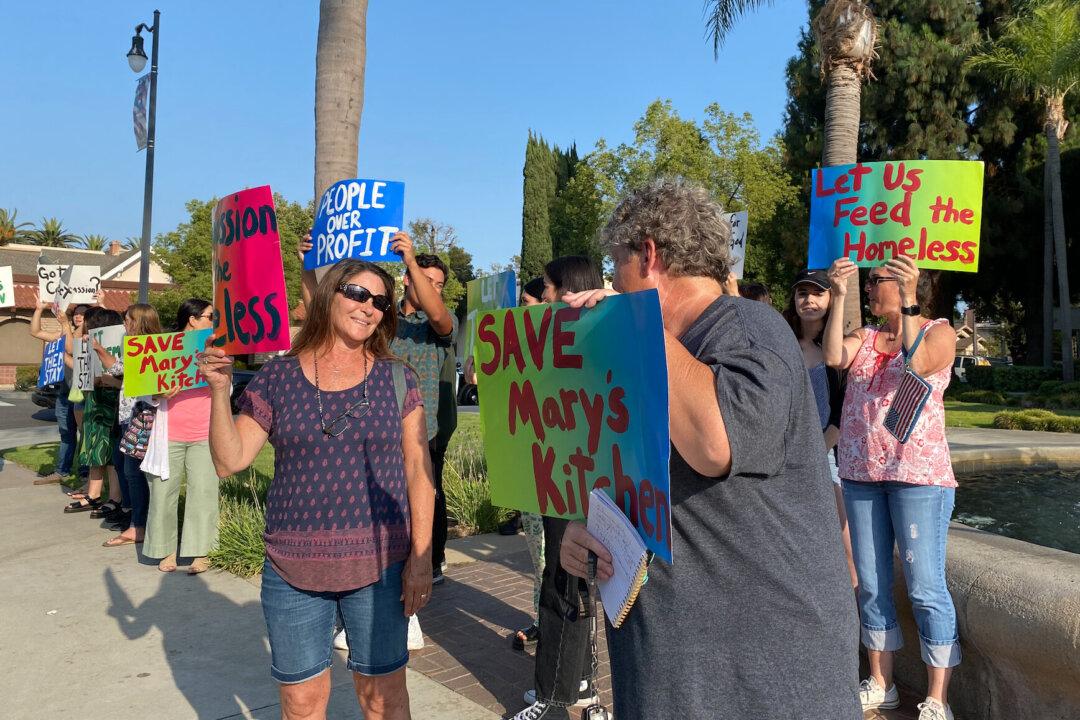Former U.S. Marine Si Tenenberg is still on a mission: to ensure American soldiers serving overseas receive vital supplies.
Over the past 15 years, the 86-year-old resident of San Luis Obispo, California, has sent more than 22,000 care packages to soldiers in Afghanistan, Iraq, Syria, Korea, Turkey, Germany, and elsewhere.





